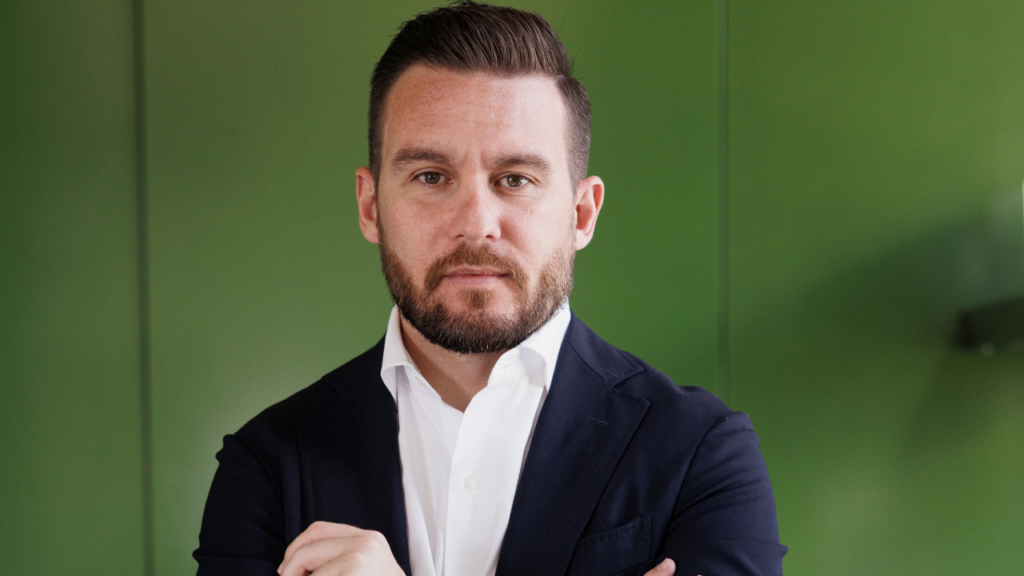[ad_1]
As I reflect on my journey from agent to auctioneer to CEO – the truth has become increasingly clear: our industry’s attachment to ego is holding us back from developing the next generation of leaders we desperately need.
I’ve been fortunate to learn from some of the best in the business – John McGrath, Matt Lahood, and others who took the time to invest in my development.
But I worry that this kind of mentorship is becoming increasingly rare in our industry.
The real estate industry faces a looming challenge that few are talking about: what happens when our current generation of leaders retires?
Who will take up the mantle of progressing our industry forward?
I believe the answer lies in our willingness to put aside our egos and embrace a coaching mentality.
The myth of the self-made leader
One of the most damaging narratives in real estate is the idea of the self-made success story.
The reality is that no one achieves greatness alone.
I remember watching John McGrath prepare for a parliamentary address about price guides in Queensland.
Despite being one of the most accomplished speakers I’d ever seen, he still wanted to roleplay his presentation and get feedback.
This moment taught me a crucial lesson about leadership: true leaders never stop learning, and they’re not afraid to show vulnerability.
Breaking down the ego barrier
The ego barrier manifests in various ways in our industry.
We see it in the reluctance to share knowledge, in the competitive hoarding of information, and in the false notion that there’s only one path to success.
I’ve heard countless times that the only way to succeed in real estate is to work longer hours than your competitor.
This kind of thinking not only limits our industry’s potential but actively excludes talented individuals who might approach success differently.
The cost of ego-driven leadership
When we let ego drive our leadership decisions, we:
- Discourage diverse perspectives and approaches
- Limit innovation and adaptation
- Create toxic workplace cultures
- Miss opportunities to learn from others
- Fail to prepare for succession.
Moving forward: a new leadership model
The solution starts with current leaders adopting what I call an “eyes in, hands out” approach.
This means maintaining oversight while giving others the space to grow, make mistakes, and develop their leadership capabilities.
It requires:
- Vulnerability: Being willing to share not just successes but challenges and failures
- Empowerment: Giving team members the opportunity to lead projects and initiatives
- Mentorship: Actively investing time in developing future leaders
- Flexibility: Recognising that different people require different levels of support
- Communication: Creating open dialogues about leadership development.
The role of current leaders
As current leaders, we are responsible for creating pathways for the next generation. In my new role as REINSW President I hope to encourage all of our members to start:
- Actively identifying and nurturing potential leaders
- Creating formal mentorship programs
- Sharing knowledge and experiences openly
- Celebrating different approaches to leadership
- Building inclusive leadership development programs.
Call to action
The future of our industry depends on our ability to develop strong, capable leaders who can take us forward.
This requires current leaders to step up and embrace their role as mentors and coaches.
We need to leave our egos at the door and focus on what really matters: building a stronger, more sustainable industry for the future.
For those currently in leadership positions, I challenge you in 2025 to ask yourself: What are you doing to develop the next generation of leaders?
Are you holding back knowledge out of fear or ego?
What could you share today that might help someone else grow?
And for those aspiring to leadership: Seek out mentorship opportunities, be willing to learn from others’ experiences, and remember that leadership is about service, not status.
The time for change is now. Our industry’s future depends on our willingness to put aside ego and invest in developing tomorrow’s leaders.
The question is: Are we ready to make that commitment?
[ad_2]
Source link

